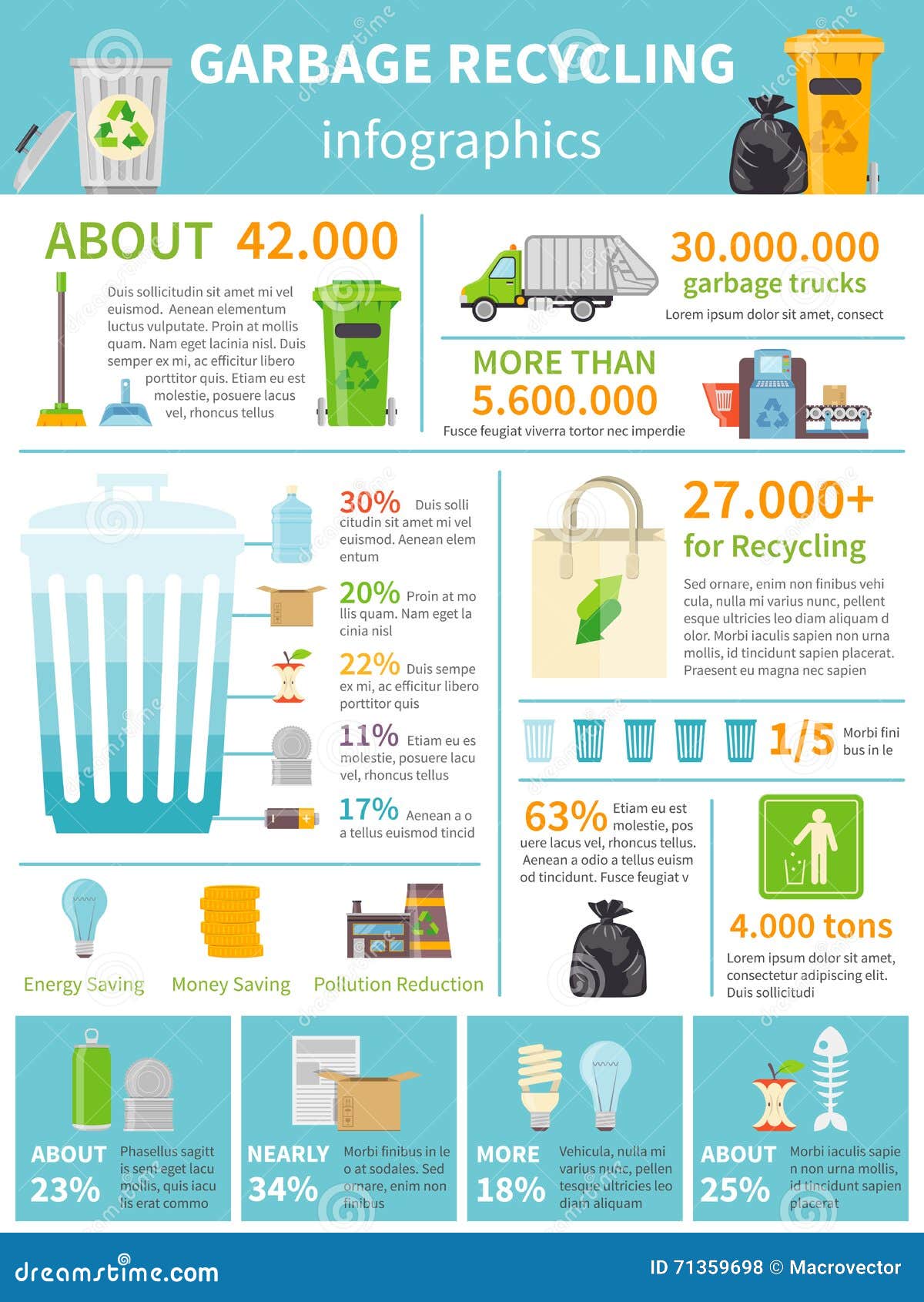Discover The Secrets To Selecting The Best Dumpster Size For Your Job, Ensuring Both Efficiency And Price Savings In This Comprehensive Guide
Discover The Secrets To Selecting The Best Dumpster Size For Your Job, Ensuring Both Efficiency And Price Savings In This Comprehensive Guide
Blog Article
Written By- just click the following web page
When starting a task that needs a dumpster, the size you pick can substantially impact its performance and cost-effectiveness. Imagine having the best container that fits all your waste without being excessively large or too tiny. All of it beginnings with recognizing the subtleties of your task and selecting a dumpster size that lines up with your specific needs. So, prior to you choose, think about the aspects at play to make certain a seamless waste monitoring process from beginning to end.
Elements to Take into consideration
When deciding on the ideal dumpster size, there are several essential factors to think about.
First, think of the kind of waste you'll be throwing away. Different materials may need varying quantities of space, so comprehending what you'll be placing in the dumpster is crucial.
Next, analyze the amount of waste you expect to create. If you ignore the volume, you may require to make several journeys to take care of every little thing, which can be bothersome and expensive. On the other hand, renting out a dumpster that's as well large can bring about unneeded expenditures.
Additionally, think about the area where the dumpster will be placed. Ensure there's enough space for the dumpster to be provided and picked up with no blockages.
Lastly, consider any weight constraints that might use. Going beyond the weight limitation can result in extra charges or perhaps the refusal of service.
Dumpster Size Choices
For selecting the appropriate dumpster dimension, it's necessary to have a mutual understanding of the readily available choices. Dumpster sizes generally range from 10 to 40 cubic lawns, with variants in between.
A 10-yard dumpster is suitable for little tasks like a garage cleanout or a little remodelling. If you're tackling a medium-sized task such as a cooking area remodel or a basement cleanout, a 20-yard dumpster may be the right choice.
For bigger projects like a whole-house restoration or business building and construction, a 30 or 40-yard dumpster could be preferable to suit the quantity of waste generated.
When deciding on a dumpster dimension, take into consideration the amount and kind of debris you expect to dispose of. It's better to pick a somewhat bigger dimension if you're uncertain to stop overfilling. Keep in mind, it's even more cost-efficient to rent out a dumpster that fits your demands rather than having to order an added one.
Matching Dimension to Job
Efficiently matching the dumpster dimension to your project is essential for reliable waste management. To determine the appropriate dimension, consider the range and nature of your job.
For little family cleanouts or improvements, a 10-yard dumpster might be adequate. These are commonly 12 feet long and can hold around 4 pickup lots of waste.
For bigger tasks like renovating numerous rooms or removing a large estate, a 20-yard dumpster may be better. These are around 22 feet long and can hold about 8 pickup truck tons.
If you're taking on a significant building and construction job or commercial restoration, a 30-yard dumpster could be the very best fit. These dumpsters are about 22 feet long and can accommodate regarding 12 pickup lots of particles.
Matching the dumpster size to your job guarantees you have enough room for all waste materials without overpaying for extra capacity.
Final thought
To conclude, choosing the best dumpster dimension for your task is important for effective waste disposal. By taking into read review like the kind and quantity of waste, room availability, weight constraints, and budget plan restraints, you can ensure you have the appropriate dimension dumpster for your demands. Ensure to match the dimension of the dumpster to the extent and nature of your project to prevent overspending on unnecessary expenses.
